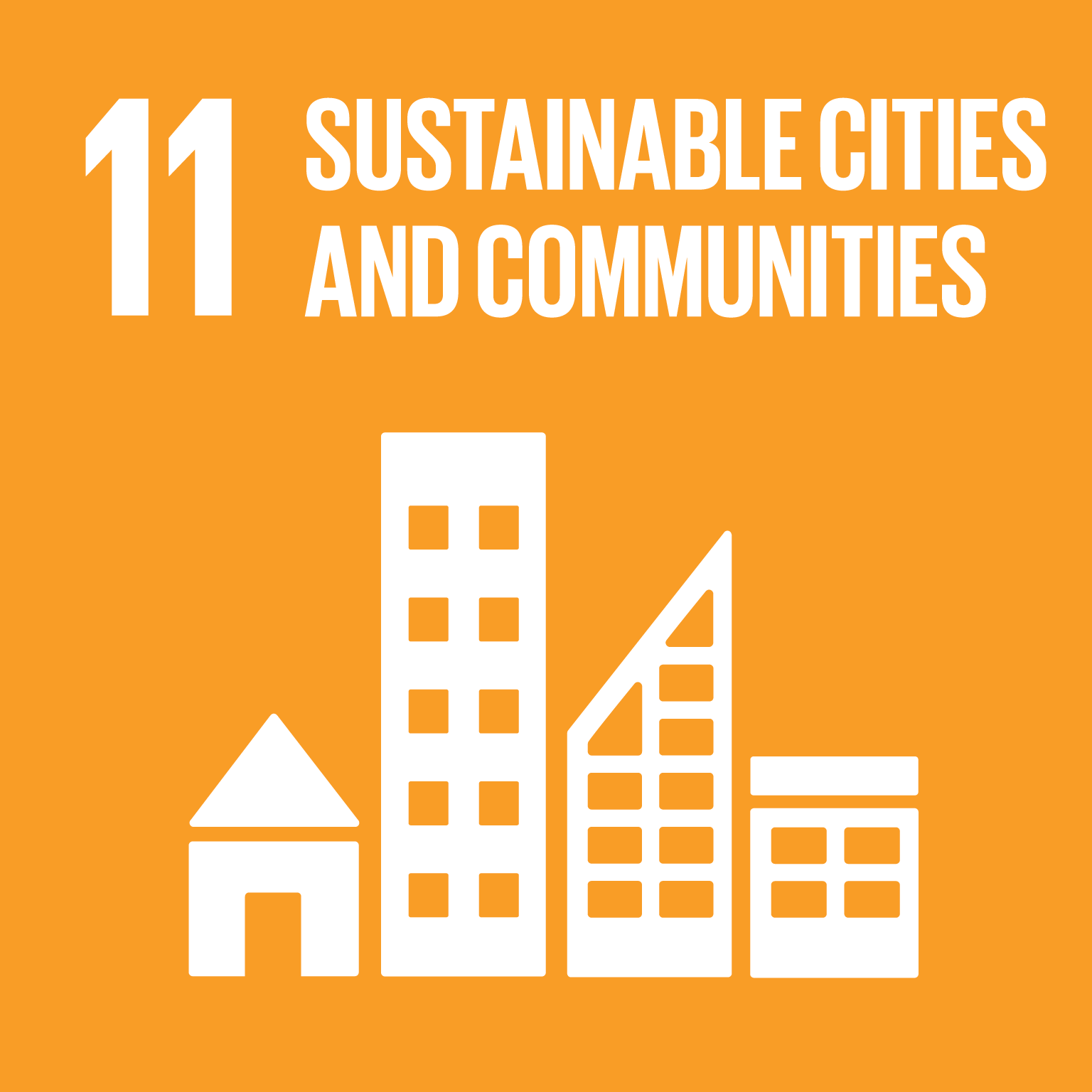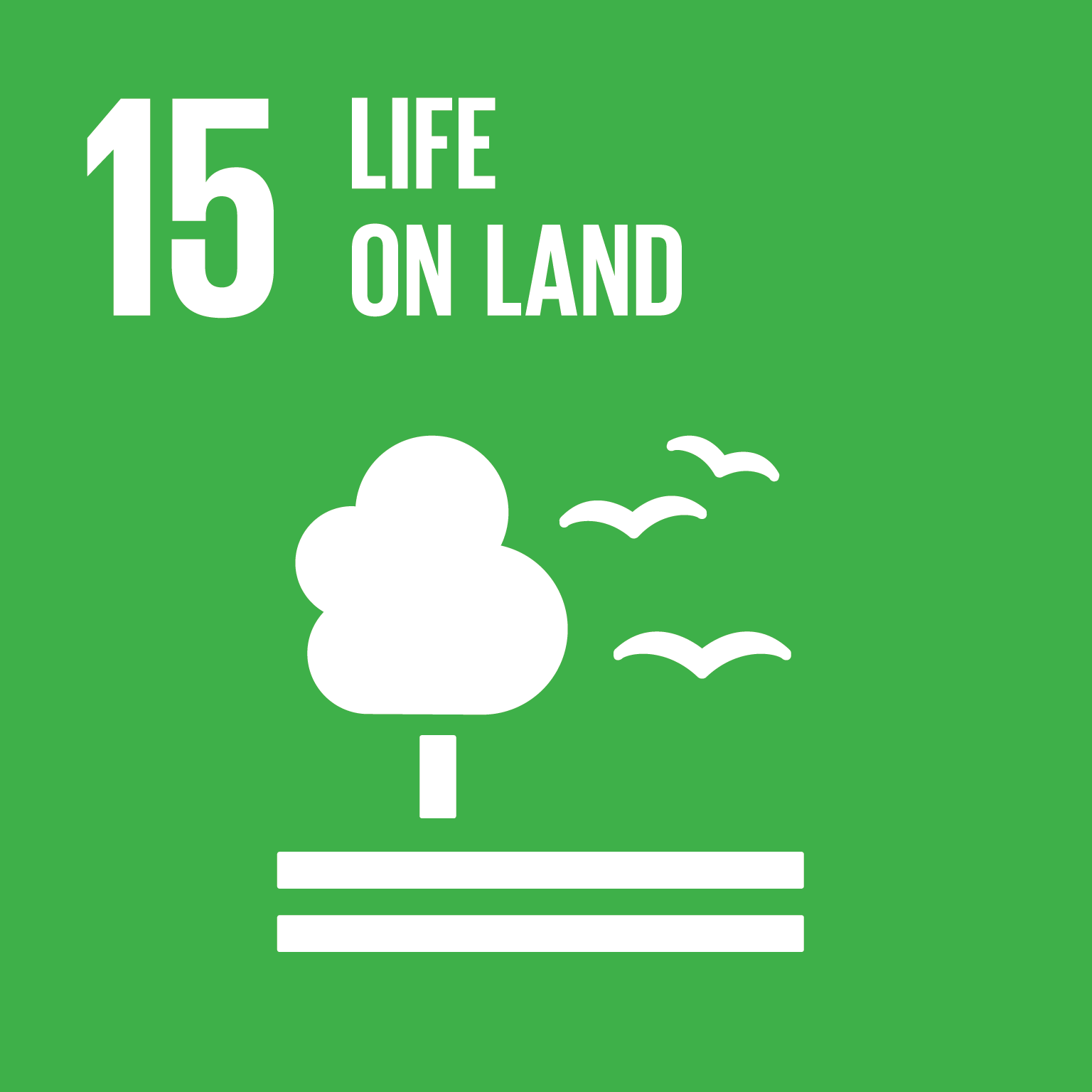Here from academic staff and graduates on why this programme is for you.
This course is available through the following application route(s)
Forestry is the science, art and practice of managing forests. Forestry in Ireland operates under the paradigm of ‘Sustainable Forest Management’. This requires foresters to seek to achieve
a balance across all the productive functions of our forests – economic, social and environmental.
The UCD Forestry degree provides the scientific knowledge and transferable skills to ensure our graduates contribute positively to the ongoing expansion of the Irish forestry sector.
Forestry students will:
- Learn about managing forest systems for the production of timber, renewable energy, carbon sequestration, biodiversity, adaptations for climate change, wildlife management, biodiversity, soil and water protection.
- Gain skills in forest planning, remote sensing, the use of geographical information systems and forest modelling.
- Develop the capacity for life-long learning that enables them to stay abreast of developments in policy, technology and the sciences that underpin forestry practice.
About This Course
A broad science-based first year is followed by forestry-focused topics in subsequent years. Fourth year is largely project-based and allows students to combine all of their accumulated skills and knowledge, while further developing their ability to communicate effectively.
Students spend approximately 40 hours a week attending lectures, laboratory sessions and tutorials, and undertake independent study.
Forestry students complete four months’ PWE and are encouraged to gain experience in various aspects of forestry both in Ireland and abroad. In third year, a number of forestry students have studied for a trimester in:
- Michigan State University, USA
- University of Vermont, USA
- State University, USA
Forestry graduates find employment in all areas of the sector, including:
- State and semi-state agencies
- Forest management and consultancy
- Wood processing and renewable energy
- Environmental agencies
- Education and research
- Forestry contractors
Many graduates set up their own forestry businesses. Other opportunities include information technology, land-use planning and financial services.
Research to Master’s and PhD levels is available.
UCD Agriculture and Food Science Programme Office,
Agriculture and Food Science Centre,
Belfield,
Dublin 4
Tel: +353 1 716 7194
Email:agandfoodprogrammes@ucd.ie
Web:www.ucd.ie/agfood
Below is a list of all modules offered for this degree in the current academic year. Click on the module to discover what you will learn in the module, how you will learn and assessment feedback profile amongst other information.
Incoming Stage 1 undergraduates can usually select an Elective in the Spring Trimester. Most continuing undergraduate students can select up to two Elective modules (10 Credits) per stage. There is also the possibility to take up to 10 extra Elective credits.
| Trimester | Credits | |||
|---|---|---|---|---|
Stage 1 Core Modules |
CHEM00020 | Introductory Chemistry | Autumn | 5 |
Stage 1 Core Modules |
FOR10020 | Trees and Forests in Ireland | Autumn | 5 |
Stage 1 Core Modules |
MATH10230 | Mathematics for Agriculture I | Autumn | 5 |
Stage 1 Core Modules |
PHYC10180 | Physics for Ag. Science | Autumn | 5 |
Stage 1 Core Modules |
RDEV10020 | Information Skills | Autumn | 5 |
Stage 1 Core Modules |
RDEV10030 | Introduction to Agricultural Economics and Business | Autumn | 5 |
Stage 1 Core Modules |
BIOL10010 | Animal Biology and Evolution | Spring | 5 |
Stage 1 Core Modules |
BIOL10030 | Cell and Plant Biology | Spring | 5 |
Stage 1 Core Modules |
CHEM10010 | Introduction to the Chemistry of Biomolecules | Spring | 5 |
Stage 1 Options - A) Min 1 of: Students must choose ONE of the following Spring options modules. Students may choose further option modules in place of elective modules. |
BSEN10010 | Biosystems Engineering Design Challenge | Spring | 5 |
Stage 1 Options - A) Min 1 of: Students must choose ONE of the following Spring options modules. Students may choose further option modules in place of elective modules. |
CPSC10010 | Introduction to Crop Science | Spring | 5 |
Stage 1 Options - A) Min 1 of: Students must choose ONE of the following Spring options modules. Students may choose further option modules in place of elective modules. |
FDSC10030 | Our Food, Our Planet: Introduction to Sustainable Food Systems | Spring | 5 |
Stage 1 Options - A) Min 1 of: Students must choose ONE of the following Spring options modules. Students may choose further option modules in place of elective modules. |
HORT10020 | Plants and People | Spring | 5 |
Stage 1 Options - A) Min 1 of: Students must choose ONE of the following Spring options modules. Students may choose further option modules in place of elective modules. |
RDEV10040 | Introduction to Food and Agribusiness Management | Spring | 5 |
Stage 2 Core Modules |
AERD20030 | Business Management | Autumn | 5 |
Stage 2 Core Modules |
AESC20060 | Soil Science Basics | Autumn | 5 |
Stage 2 Core Modules |
FOR20040 | Tree Structure and Function | Autumn | 5 |
Stage 2 Core Modules |
FOR20100 | Applied Biostatistics | Autumn | 5 |
Stage 2 Core Modules |
HORT20070 | Agricultural Botany | Autumn | 5 |
Stage 2 Core Modules |
MICR20010 | Agricultural Microbiology | Autumn | 5 |
Stage 2 Core Modules |
BSEN20010 | Engineering and Surveying | Spring | 5 |
Stage 2 Core Modules |
CPSC20040 | Physiological Plant Ecology | Spring | 5 |
Stage 2 Core Modules |
FOR20050 | Principles of Forestry | Spring | 5 |
Stage 2 Core Modules |
FOR30340 | Professional Forestry Practice | Spring | 5 |
Stage 2 Core Modules |
RDEV20140 | Health, Welfare & Safety in Agriculture | Spring | 5 |
Stage 2 Options - A) Min 0 of: Students can take one of these option modules or instead any other elective credits adding up to 5 credits. It is recommended that students aim for a balanced workload of 30 credits per trimester. |
FOR20120 | Apiculture - bees, pollination and people | Autumn | 5 |
Stage 2 Options - A) Min 0 of: Students can take one of these option modules or instead any other elective credits adding up to 5 credits. It is recommended that students aim for a balanced workload of 30 credits per trimester. |
GEOL20110 | Global Environmental Change | Autumn and Spring (separate) | 5 |
Stage 3 Core Modules |
AESC30150 | Forest Protection | Autumn | 5 |
Stage 3 Core Modules |
FOR30400 | Silviculture | Autumn | 10 |
Stage 3 Core Modules |
FOR30420 | Forest Management and Economics | Autumn | 5 |
Stage 3 Core Modules |
FOR30430 | Geographic Information Systems | Autumn | 5 |
Stage 3 Core Modules |
FOR30070 | Forest Harvesting | Spring | 5 |
Stage 3 Core Modules |
FOR30180 | Professional Work Experience | Spring | 10 |
Stage 3 Core Modules |
FOR30320 | Wood Science | Spring | 5 |
Stage 3 Core Modules |
FOR30410 | Forest Inventory and Sampling | Spring | 5 |
Stage 3 Options - A) Min 0 of: Students can take one or both of these of these option modules or any other elective credits adding up to 10 credits. |
FOR30050 | Elective Forestry Project II | Autumn and Spring (separate) | 5 |
Stage 3 Options - A) Min 0 of: Students can take one or both of these of these option modules or any other elective credits adding up to 10 credits. |
GEOL20110 | Global Environmental Change | Autumn and Spring (separate) | 5 |
Stage 3 Options - A) Min 0 of: Students can take one or both of these of these option modules or any other elective credits adding up to 10 credits. |
FOR30350 | Forest Certification and Sustainable Forest Management | Spring | 5 |
Stage 4 Core Modules |
FOR40160 | Forest Inventory & Mgmt. Plan | 2 Trimester duration (Aut-Spr) | 20 |
Stage 4 Core Modules |
AESC30150 | Forest Protection | Autumn | 5 |
Stage 4 Core Modules |
FOR40180 | Research Project (FOR) | Autumn and Spring (separate) | 20 |
Stage 4 Core Modules |
FOR40170 | Forest Planning & Optimisation | Spring | 5 |
Stage 4 Options - A) Min 0 of: Students can take one or two of these option modules or any other elective credits adding up to 10 credits. |
FOR20110 | Forests, Climate and Carbon | Spring | 5 |
Stage 4 Options - A) Min 0 of: Students can take one or two of these option modules or any other elective credits adding up to 10 credits. |
FOR30350 | Forest Certification and Sustainable Forest Management | Spring | 5 |
Forests and trees, and their management, can contribute directly to the achievement of many of the Sustainable Development Goals. The Forestry degree delivered by UCD offers students opportunities for employment across the land-management sector where their knowledge will be key to furthering the impact of the SDGs to benefit society and the wider environment. Forestry students study a range of topic areas that contribute directly and indirectly to the achievement of the SDGs, as listed below.
While it is widely accepted that forests are the lungs of the earth, providing us with sustainable and renewable timber and support biodiversity…
- time spent in a forest has been shown to have measurable impacts on blood pressure and stress levels thus contributing to better health & well-being;
- trees in urban settings reduce particulate pollution, shelter buildings and pedestrians and combat the ‘urban heat island’ effect which is exacerbated by climate change and increasing urbanisation;
- trees grown in agroforestry settings confer greater environmental and ecological sustainability to crop and livestock production systems;
- forestry plays a significant role in supporting biodiversity and management routinely aims for production of multiple ecosystem services;
- forests help to mitigate the impacts of storm events by regulating water flow and protecting soil surfaces from erosion. Trees and forests play an integral role in the global water cycle, distributing water resources and protecting water quality;
- well-managed forests support rural employment in management, harvesting, logistics and timber processing;
- trees directly sequester carbon, harvested wood products store carbon, and timber can be used as a substitute for high energy building materials, like steel and concrete. In addition, wood biomass is becoming more important as a renewable and sustainable energy source;
- the United Nations Intergovernmental Panel on Climate Change recognises that sustainable timber production is an essential climate mitigation tool;
- forest research continues to develop greater understanding of tree and forest systems, of how they interact with climate, of how we can optimise our management of them, and how our society can better benefit from them as well as conserve them;
The SDGs that are directly, or indirectly, positively impacted by forests are:
- Goal 1. End poverty in all its forms everywhere
- Goal 2. End hunger, achieve food security and improved nutrition and promote sustainable agriculture
- Goal 3. Ensure healthy lives and promote well-being for all at all ages
- Goal 6. Ensure availability and sustainable management of water and sanitation for all
- Goal 7. Ensure access to affordable, reliable, sustainable and modern energy for all
- Goal 8. Promote sustained, inclusive and sustainable economic growth, full and productive employment and decent work for all
- Goal 9. Build resilient infrastructure, promote inclusive and sustainable industrialization and foster innovation
- Goal 11. Make cities and human settlements inclusive, safe, resilient and sustainable
- Goal 12. Ensure sustainable consumption and production patterns
- Goal 13. Take urgent action to combat climate change and its impacts
- Goal 15. Protect, restore and promote sustainable use of terrestrial ecosystems, sustainably manage forests, combat desertification, and halt and reverse land degradation and halt biodiversity loss
Non-EU Undergraduate Fee information can be found here.
UCD offers a number of competitive undergraduate scholarships for full-time, self-funding international students, holding an offer of a place on a UCD undergraduate degree programme. For information on Undergraduate Scholarships, please see the UCD International Scholarships webpage.
How to Apply
General application route(s) for Irish/UK/EU applicants* for International (non-EU) applicants* to Forestry:
| ROWCLASS | Apply to | Application Type | ||
|---|---|---|---|---|
| showAudience-audienceInt | FOS1 Forestry Bachelor of Agricultural Science |
Commencing 2024/2025 September | Undergraduate Degree (Non EU) Non EU Undergraduates |
Apply |
Additional special entry route(s) to Forestry:
These options have additional eligibility requirements to cater for specific applicant cohorts. You should not apply via these routes before consulting the requirements or contacting the responsible UCD office.
| ROWCLASS | Apply to | Application Type | ||
|---|---|---|---|---|
| showAudience-audienceEU showAudience-audienceInt | FOS1 Forestry Bachelor of Agricultural Science |
Commencing 2024/2025 September | Access Progression Pathway Access Progression Pathway Application to this Non-EU Access Progression Pathway is by invitation only. If you are not currently enrolled on an Access programme at UCD, your application will be marked as invalid. If you are not a current Access student, but you are a non-EU applicant seeking admission to an undergraduate degree, please submit an application via the "Undergraduate Degree (Non-EU)" course type. |
Apply |










